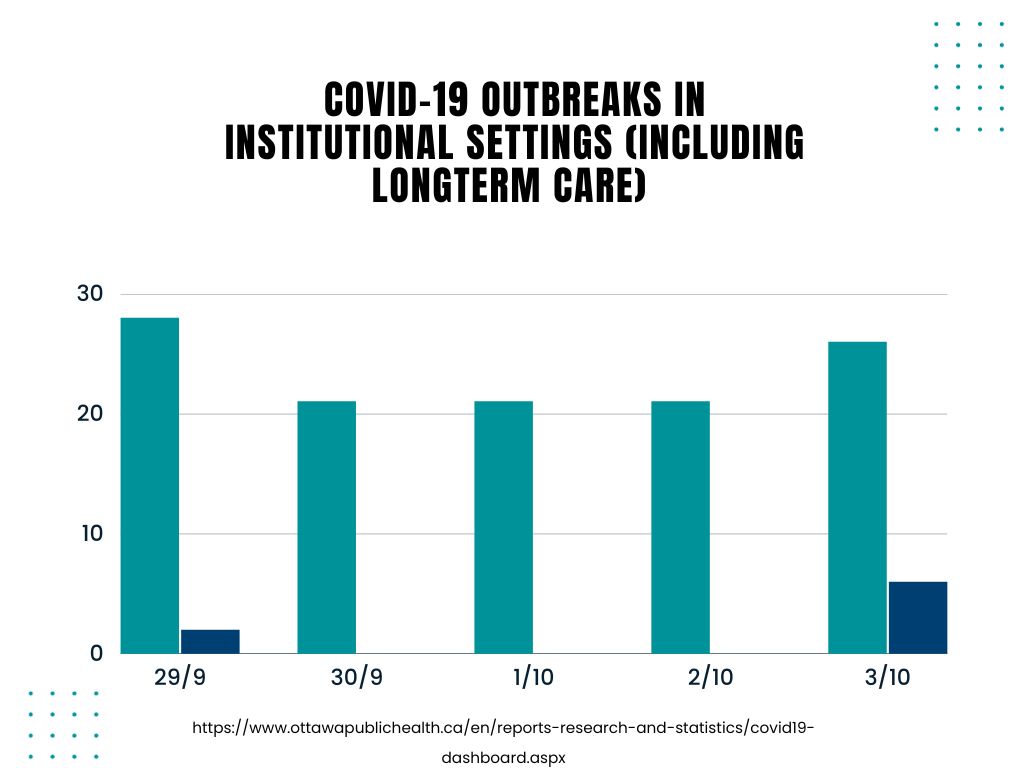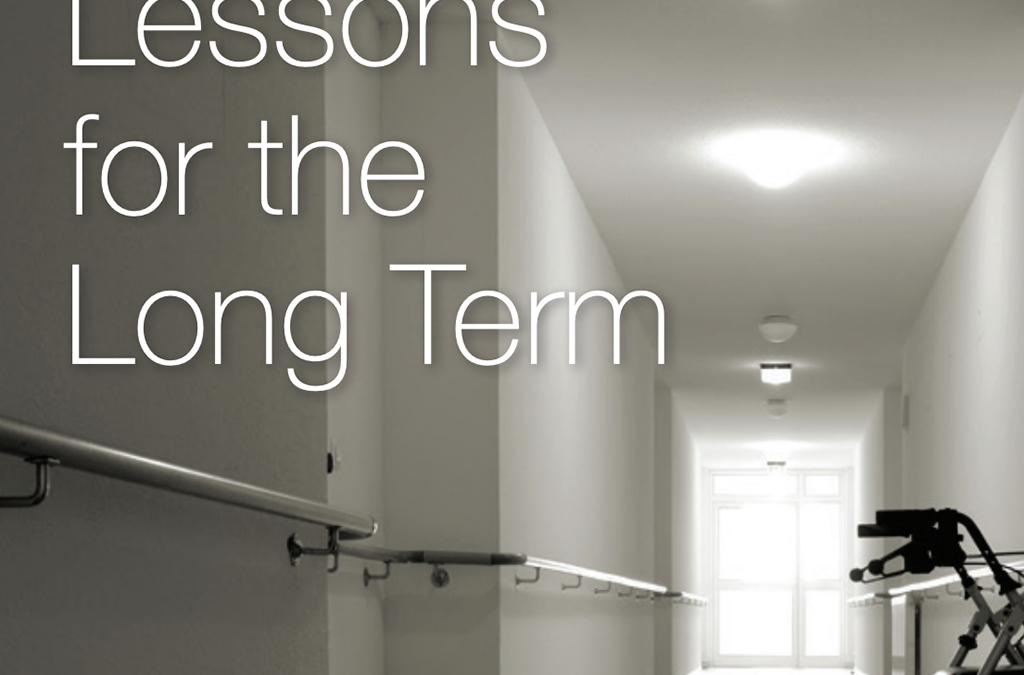The fall surge of COVID-19 cases has a relative of a person living in long-term care calling for better measures to protect the vulnerable. And he’s not alone.
“My grandmother has just recently gotten and then recovered from COVID-19 in her [long-term care home]; her home has also been declared as being in an outbreak this fall,” said Ottawa resident Charlie Senack.
“Even the small things like masking or COVID testing for outside people are only being considered as suggestions right now for long-term care homes, and obviously that needs to change if we are going to keep loved ones safe this fall,” he added.
Ottawa’s Medical Officer of Health, Dr. Vera Etches, recently told the Ottawa Board of Health that many long-term care homes in Ottawa have declared COVID-19 outbreaks, and cities such as Kingston have also warned of a high rate of COVID.
The Canadian Institute for Health Information says there are 28 long-term care homes in Ottawa serving more than 3,000 residents in outbreak.

Graph: Dark blue: Number of new outbreaks. Light blue: Number of current outbreaks.
Dr. Amy Hsu, an epidemiologist and investigator at the Bruyère Research Institute at the University of Ottawa echoed Senack’s concern.
” I would like to see stronger language and regulations around non-residents entering long-term care home from the government. We know masking and testing is helpful so I would like to see measures imposed,” she said.
New COVID vaccines have been given in Ottawa long-term care homes and retirement homes before being available to the rest of the population.
“The key thing I want to stress is the importance of vaccines. Our strategy within long-term care is to vaccinate and manage systems to be able to keep people who live in congregate settings safe this season,” said Hsu.
This recent surge of COVID-19 is the first major wave after a scathing report by Ontario Ombudsman Paul Dubé called on the government to change how long-term care is handled during pandemics.
The report, Lessons for the Long Term, says, “It is crucial that the Ministry fully understand and learn from the failure of the Inspections Branch to adequately and quickly respond to the emergency that arose in the long-term care sector in March 2020.”
The report listed 78 recommendations that the ombudsman urged the government make to Ontario long-term care, including more inspections and more adequate staffing. Senack says he believes implementing the changes in long-term care homes in Ottawa has been slow.
“There is a need for an implementation of the recommendations now, to ensure that things aren’t being missed and that there is no one scaling back, in terms of inspection and especially staffing,” said Senack.
Linda Williamson, director of communications for the Office of the Ombudsman of Ontario, told Capital Current the provincial government has been generally receptive to the ombudsman’s findings. “The Ministry has accepted all of the recommendations in our report, including that it report back to our Office every six months on its progress in implementing them,” she said in an email statement.
For Senack, a promise of governmental accountability a few months from now is not enough.
“These are the most vulnerable populations. Most of them cannot advocate for themselves and there is a duty of care component from the government that needs to be followed, now, not in five years from now.”




